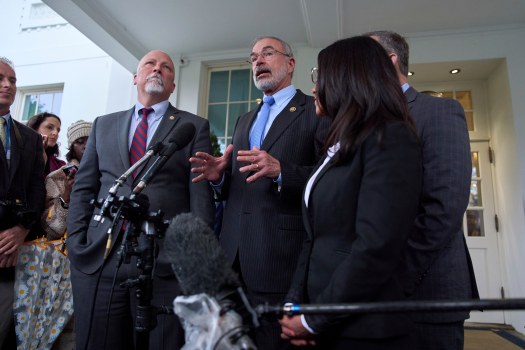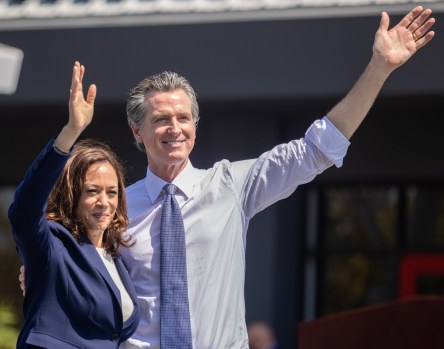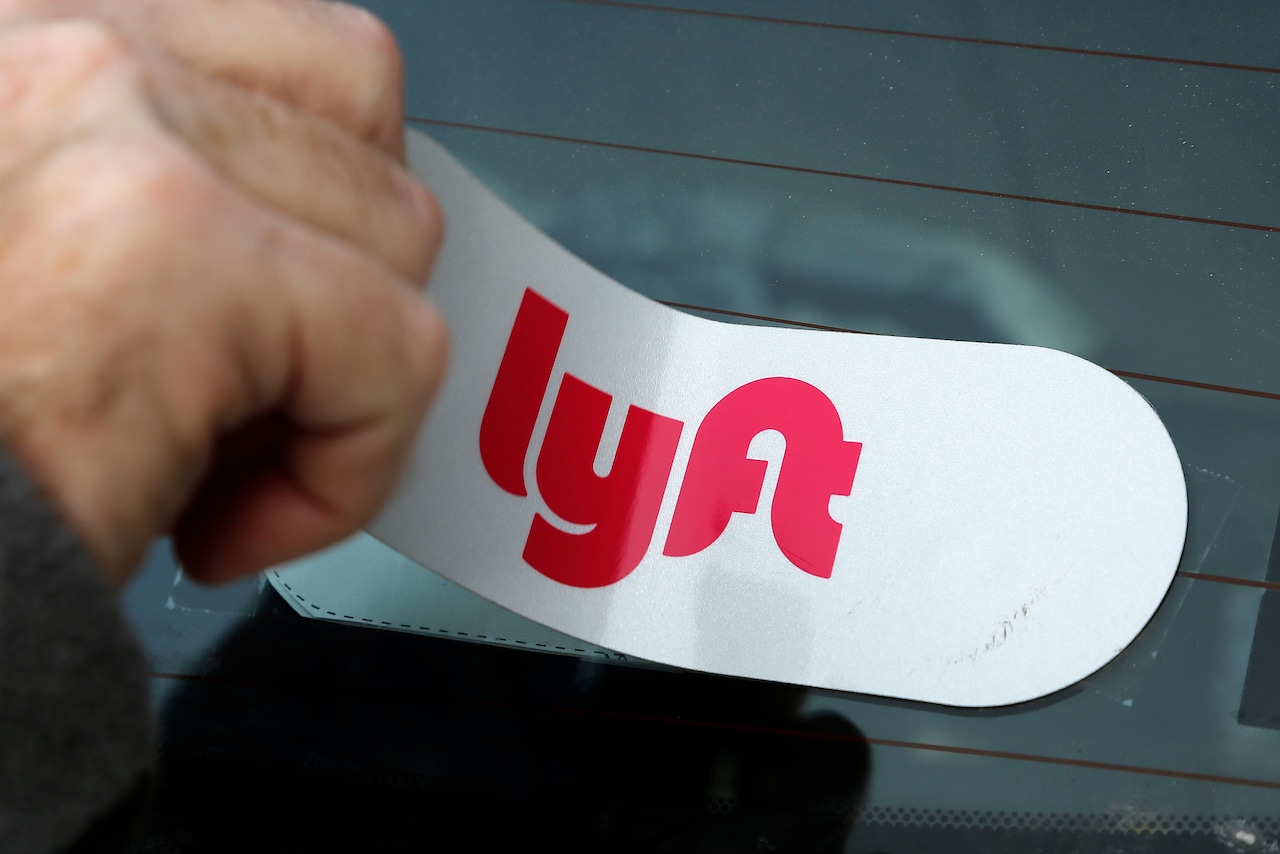Legislative victories are difficult for pro-taxpayer and minimal government advocates in the current political climate.
The most important conservative wins in recent history are provided by President Trump’s One Big Beautiful Bill Act (OBBBA), notwithstanding its flaws: significant and permanent tax cuts, entitlement changes, and a partial repeal of the Green New Deal.
These achievements weren’t the result of chance. They resulted from the two dozen members of the House Freedom Caucus taking the principled lead in making sure the president received the most economically reasonable version.
To be clear, the passage of OBBBA is a credit to all congressional Republicans.
The caucus continuously pushed to include as many significant improvements and taxpayer savings as were practically possible to pass the House, from the very beginning to the final passage. It was able to reduce the deficit by $1.1 trillion, which is nearly four times the $300 billion that was initially discussed.
The adjustments made to America’s overburdened social safety net, which was being plundered and treated like a piggy bank, are the bill’s most important measures. The Freedom Caucus concentrated on reducing the soaring federal spending, while many others were preoccupied with the tax issues.
It spearheaded the push for reasonable and generational changes to bloated programs like food assistance and Medicaid. Through its efforts, employment restrictions were greatly tightened, guaranteeing that recipients must work, volunteer, or attend school for 20 hours per week in order to qualify for assistance.
Medicaid will be strengthened for those who need it, such as low-income children, pregnant women, the elderly, individuals with disabilities, and those who have fallen on hard times, thanks to these job requirements.
Additionally, OBBBA reduced the Medicaid provider tax threshold from 6% to 3.5%, which discouraged the expansion of Obamacare and saved hundreds of billions of dollars. States that have expanded Medicaid frequently abuse the system by imposing provider taxes, which enables them to demand greater federal assistance.
Even Joe Biden, who was vice president at the time, called the tax a swindle.
The significant rollbacks of the Inflation Reduction Act, one of the most costly legislation ever passed into law, are another noteworthy accomplishment for the caucus. That bill, which included tax credits and other incentives that some experts estimate may cost up to $5 trillion by 2050, placed a strong emphasis on climate change and renewable energy. These are costly subsidies that prioritize sporadic energy sources over dependable energies, like solar and wind.
Rollbacks for clean energy totaling hundreds of billions of dollars are part of the final bill. In particular, it does away with electric car credits and severely limits the ability of wind and solar projects to claim IRA credits. These projects must either begin construction within a year or be connected to the grid by the end of 2027.
Although the budget and tax plan is large, the House Freedom Caucus’ pro-taxpayer stances make it more attractive.
The National Taxpayers Union/InsideSources’ senior director of government affairs is Thomas Aiello.












